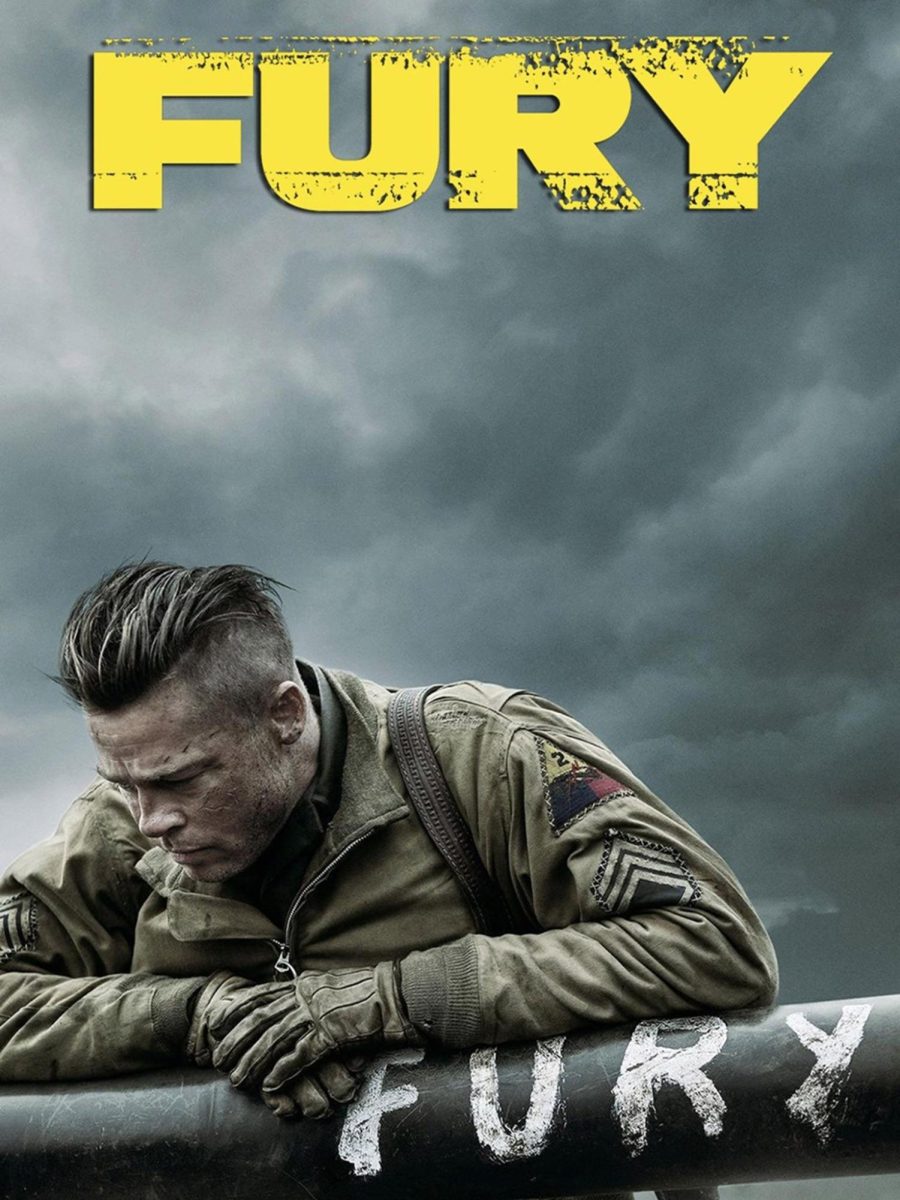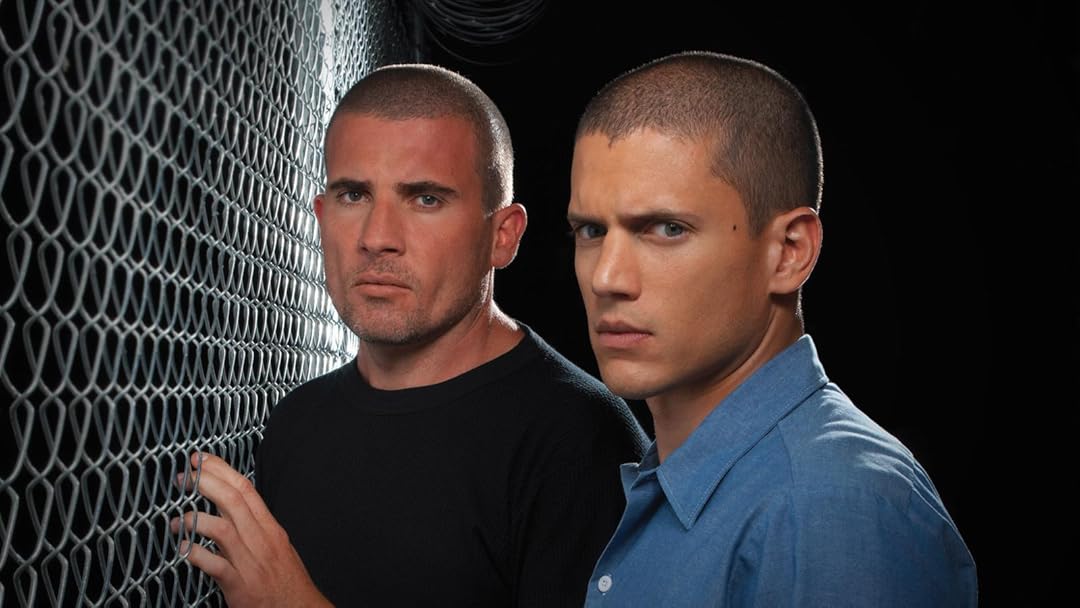Fury, a compelling and relentless military thriller directed by David Ayer, transports audiences to the most horrific moments of World military II. The movie follows a five-man crew as they drive a rusty Sherman tank, known as “Fury,” through German territory. Fury, starring Brad Pitt as Staff Sergeant Don “Wardaddy” Collier, examines the brutality of war as well as the incredibly human bonds made during it. Fury paints an eerily accurate picture of life on the front lines by focusing on survival, sacrifice, and the psychological effects of fighting rather than valor or glory.
With a focus on the cramped, dangerous environment inside the tank, Fury immediately draws viewers into the never-ending grind of combat. Wardaddy, the deeply scarred and devout Boyd “Bible” Swan (Shia LaBeouf), gunner Trini “Gordo” Garcia (Michael Peña), mechanic Grady “Coon-Ass” Travis (Jon Bernthal), and newcomer Norman Ellison (Logan Lerman) make up the crew, which reflects a diverse group of men molded by the harsh demands of combat. Each has experienced the war’s effects on their bodies, minds, and emotions in different ways. Their friendship turns into both a strength and a weakness as they deal with death on a regular basis.
The pure reality of Fury is among its most remarkable features. Ayer exposes the cruelty of war with all its blood and moral uncertainty; he doesn’t mince words. The psychological toll that killing takes on each soldier is not minimized in the movie. We see the sudden and startling loss of innocence as Norman, a rookie recruit with no combat experience, is thrust into the harsh world of the crew and forced to face his own survival instincts. The viewer is introduced to this character journey, which compels us to think about the terrifying demands of the transformation war on even the most morally upright people.
The film’s themes of responsibility, resiliency, and survival are all heavily influenced by Wardaddy’s character. He is emotionally and physically damaged, battle-hardened, and he believes he is to blame for the deaths of his crew. Pitt’s performance gives Wardaddy more nuance by exposing layers of trauma, remorse, and a sense of parental obligation. Knowing that sympathy can be a weakness in the trenches of war, he pushes his men to the utmost, often brutally. But underneath his tough demeanor is a man pained by his own deeds—a guy who, in spite of the atrocities he has seen, has not lost his humanity.
A crucial moment is when Fury’s tank runs over a landmine and becomes immobile. The men lose their best line of defense as a result of this occurrence, which prepares them for a dramatic standoff against an advancing German SS troop column. The crew decides to hold their ground in the ensuing vicious and desperate struggle for survival, even though they are outgunned and outnumbered. The scenario demonstrates the strong link created in the crucible of shared experience and becomes a tribute to their devotion to one another and their resolve.
Beyond the fights and carnage, Fury addresses difficult issues of humanity, faith, and morality within the dehumanizing framework of war. It looks at the ways in which each man defends his behavior, whether it be via religion (like the Bible), outright defiance (like Coon-Ass), or simply numbing himself to survive (like Gordo). Despite being molded—and scarred—by the atrocities they see, they all fight to preserve a small portion of their pre-war identities.
Fury’s accurate depiction of WWII tank fighting is a technical triumph. Viewers can feel the harsh sound of explosions, the weight and clamor of the machinery, and the suffocating heat and dirt within the tank thanks to the skillfully constructed close-quarters fighting sequences. The film’s grim realities are made more visceral by Ayer’s devotion to historical detail, which includes everything from the muddy battlefields to the exhausting conditions inside the tank.
Overall, Fury is an examination of the human spirit under the most trying circumstances rather than merely a combat movie. It is a tale of men compelled to do unimaginable things out of duty and survival, and of brotherhood built in the face of hardship. By reminding us that people who return from warfare are frequently permanently altered, Ayer’s uncompromising vision challenges viewers to consider the human cost of fighting and the savagery of war.
Fury is ultimately a somber ode to the tenacity of those who fought and the visible and invisible wounds they carried home rather than a celebration of success. Though it might be challenging at times, the film’s emotional impact lasts long after the last credits have rolled, serving as a perfect reminder of the perseverance and sacrifice needed in the face of unfathomable adversity.










